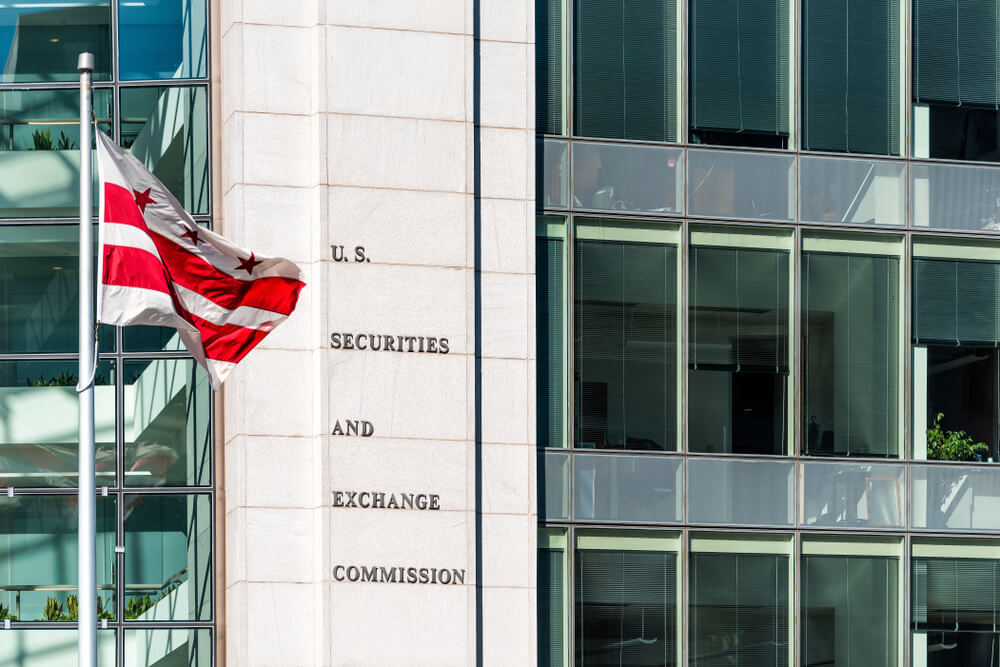ImpactAlpha, April 8 – In his 66-page annual shareholder letter, the JPMorgan chief lays out his views on the economy (get ready for a boom), the role of corporations (social engagement – sorry, Mitch), and the divisive nature of politics (enough already). Buried in the document: Dimon’s view on the preferential tax treatment of “carried interest,” the share of fund profits taken by private equity and hedge fund general partners.
Current law taxes such compensation as capital gains, rather than ordinary income, which is taxed at a higher rate. The loophole should be nixed, Dimon said, along with special tax breaks for race cars, private jets, horse racing, and golf courses. “If the wealthy paid more in taxes and the money was put to good use, they would be the main beneficiaries of a stronger economy,” wrote Dimon.
Private equity and hedge fund assets under management totaled $8 trillion last year, according to Dimon. Over a 10-year period ending in 2015, $370 billion in “carry” flowed to private equity managers, according to Said Business School’s Ludovic Phalippou.
Carbon tax
JPMorgan cut its fossil fuel financing by 20% last year, to $51 billion, but remains the world’s largest funder of the sector, according to Rainforest Action Network’s Banking on Climate Chaos report. Since the Paris Agreement, it has underwritten $317 billion in fossil fuel development. Reducing greenhouse gas emissions will require “collective ambition and cooperation across the public and private sectors,” said Dimon.
The bank will use carbon intensity as its “key metric” in evaluating clients’ climate performance. Dimon called for a tax on carbon with proceeds to be returned to the public via carbon dividends, and a “multi-year national Marshall Plan” to address structural challenges driving the country’s racial and economic crises.











